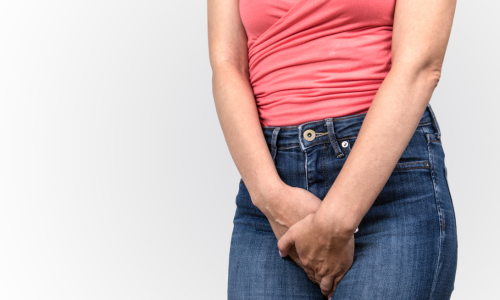Urgency incontinence is a common problem that affects many people, but it is often neglected in the medical community. It can have a devastating effect on a person’s quality of life, but fortunately there are several causes and treatments available for this condition. In this article, we will take a closer look at the causes of urgency incontinence and what you can do about it.
What is Urgency Incontinence?
Urgency incontinence, also known as urge incontinence, is a form of urinary incontinence where a person feels the need to go to the toilet urgently, but is unable to do so before they leak urine. This can lead to involuntary urine leakage, which can be both physically and emotionally distressing.
4 Causes of Urgent Incontinence
There are several possible causes of urge incontinence, including:
-
Muscle weakness: If the muscles that control the bladder are weakened, this can lead to uncontrolled urine leakage.
-
Neurological conditions: Damage to the nerves that control the bladder, such as in multiple sclerosis or stroke, can lead to urge incontinence.
-
Bladder irritation: Inflammation or irritation of the bladder can cause it to become overactive, leading to the feeling of an urgent need to urinate.
-
Medication: Some medications can have side effects that affect bladder function and cause urge incontinence.
It is important to note that urge incontinence can be a symptom of an underlying health problem, so it is always advisable to consult a doctor for proper diagnosis and treatment.
Treatments for Urgent Incontinence
Fortunately, there are several treatments available for urgency incontinence, depending on the underlying cause and severity of symptoms. Some possible treatments include:
-
Pelvic floor exercises : Strengthening the muscles around the bladder can help reduce urine leakage and improve bladder control.
-
Medication: There are several medications available that can regulate bladder function and help reduce urge incontinence.
-
Behavioral changes: Adjusting drinking habits, avoiding certain foods, and emptying the bladder regularly can all help manage urge incontinence.
-
Invasive treatments: In severe cases, a doctor may suggest invasive procedures, such as bladder stimulation or even surgery, to relieve symptoms.
Conclusion
Urgency incontinence is a common problem that can significantly impact a person’s quality of life. Fortunately, there are several causes and treatments available for this condition. By understanding the causes and seeking the right treatment, people with urgency incontinence can effectively manage their symptoms and achieve a better quality of life.



















